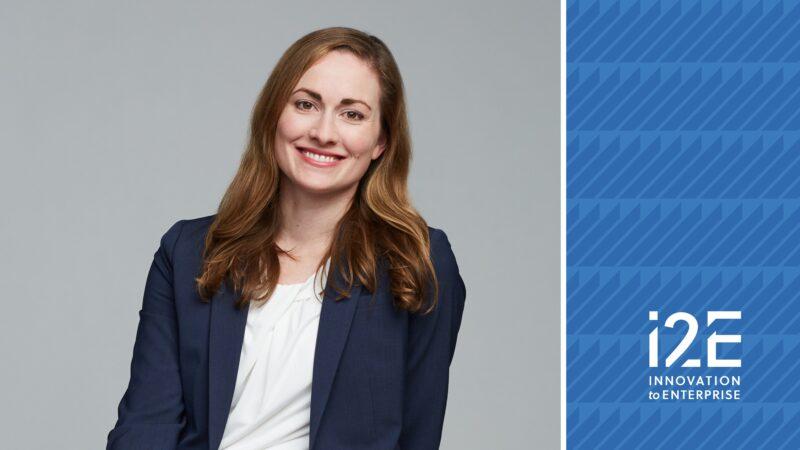Oklahoma startup borrows energy industry concept to protect patients
By Scott Meacham
Copyright © 2016, The Oklahoma Publishing Company
Sometime back, a doctor who was also an inventor, mentioned that the next time I visited a hospital I should be on the lookout for rubber bands and paper clips. Not in the administrative areas, he said, but attached in some way to pieces of high tech equipment.
His point was that even with amazing inventions, the people who use technology day-to-day — in his example nurses, doctors, and technicians — figure out ways to improve it, even if only through temporary workarounds using rubber bands and paper clips.
I was reminded of this recently. i2E has been working with Linear Health Sciences, a company founded by a physician and two engineers, to improve treatments that use medical tubing, for example IV lines.
Linear Health Sciences has invented an innovative break-away valve for medical tubing.
“The idea came to me working as a hospitalist,” said Ryan Dennis, MD founder and CEO.
“There are so many instances where a patient becomes confused or accidentally pulls out an IV line or a Foley catheter or when the staff is moving a patient and the lines get caught in a bed rail. When unwanted disconnects of medical tubing happens, it’s painful, dangerous, and expensive,” Dennis said.
Dennis went to an engineer friend who had worked on valves and tension disconnects in the oil industry.
They then recruited Dan Clark for his experience bringing new medical devices to market. The result is called the Orchid valve.
Catheters and IVs pull out because the medical tubing is all one piece. Using an analogy from the oil industry, that’s like doing a coil job without using a blowout preventer.
With the Orchid valve, when a length of medical tubing gets pulled too far, the tubing breaks away at the valve rather than being pulled out of the patient’s body.
The breakaway valve seals off both ends of the tube creating a sterile, clean solution.
The patient is protected. The medical tubing or catheter stays in the vein. The IV pump sends an alarm, and the appropriate medical personnel can replace the breakaway valve and restart the IV.
“It’s always been a dream of mine to keep an open mind walking through a hospital and look for opportunities to bring value to the system,” Dennis said.
Linear Health Sciences is moving into development, regulatory approvals, and quality assurance processes.
The Orchid valve is a class two medical device, which puts it in the low- to moderate-risk category. The company anticipates having product to market within eighteen months.
Innovation can come from anywhere, especially from people who are applying the technology in their day-to-day jobs. Look around for those rubber bands and paper clips.
Read the story at The Oklahoman. (Requires subscription)
Scott Meacham is president and CEO of i2E Inc., a nonprofit corporation that mentors many of the state’s technology-based startup companies. i2E receives state appropriations from the Oklahoma Center for the Advancement of Science and Technology and is an integral part of Oklahoma’s Innovation Model. Contact Meacham at [email protected].








